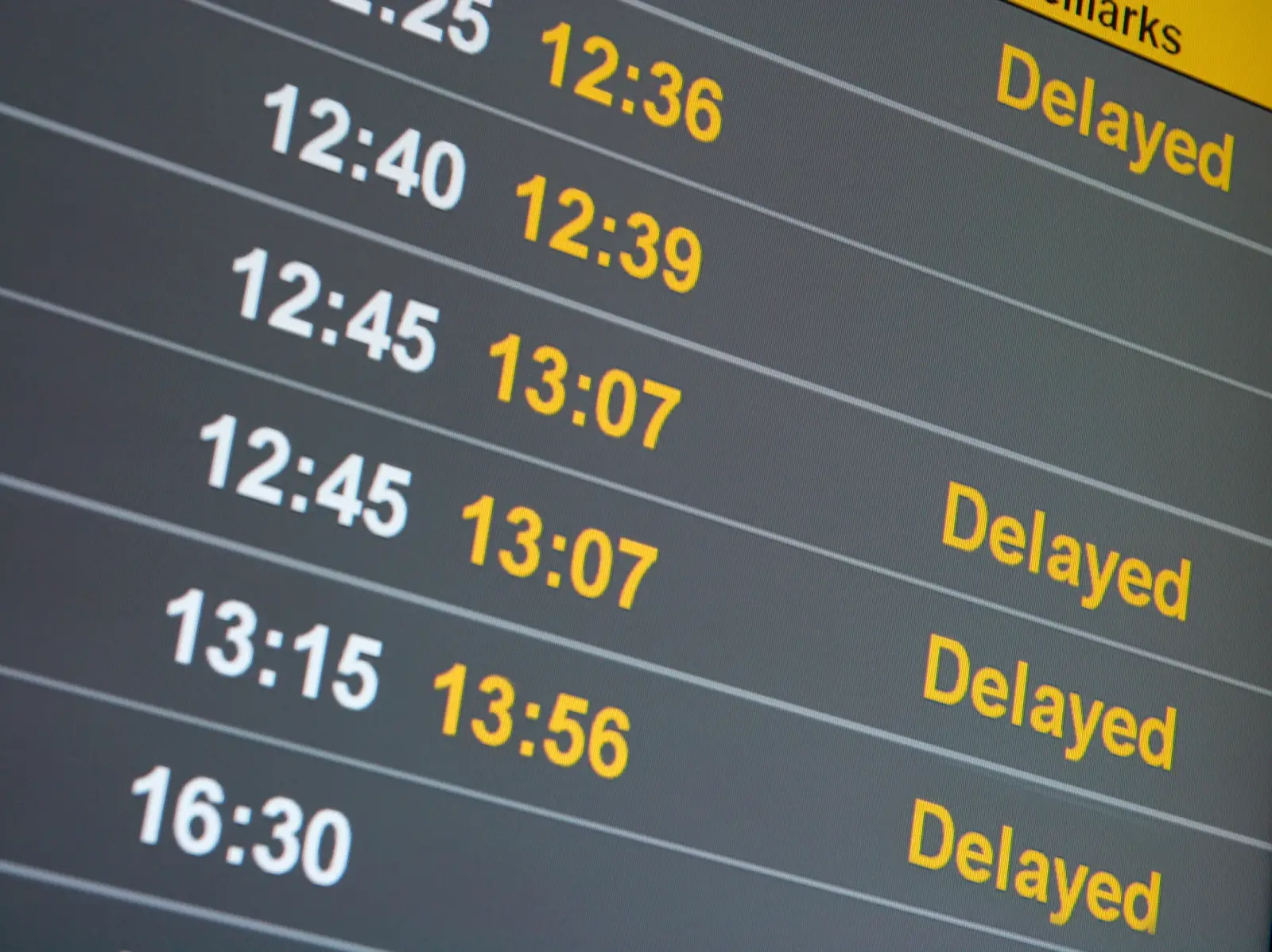EU flight delay rules are facing a potential overhaul that could significantly reduce the compensation rights of millions of passengers. A new proposal under consideration by the European Union would raise the delay thresholds that currently trigger compensation, shifting the timeline from 3 hours to as much as 12 hours for certain flights.
Currently governed by Regulation (EC) No 261/2004, commonly referred to as EU261 or EC261, one of the most comprehensive air passenger protection laws in the world, travelers are entitled to financial compensation if their flight arrives more than three hours late—unless extraordinary circumstances like severe weather or political instability cause the delay. The law applies not just within the EU, but also to EU carriers flying to and from many destinations worldwide.
What’s Changing in the Proposal?
The European Council proposes increasing the minimum delay time required for passengers to claim compensation. Under the revised structure, travelers would be eligible only after delays of:
- 5 hours for flights under 1,500 km
- 9 hours for flights between 1,500 and 3,500 km
- 12 hours for flights over 3,500 km
This marks a stark contrast from the existing 3-hour threshold across all distances. If adopted, more than 80% of delays that currently qualify for compensation would no longer meet the new criteria, according to AirHelp, a passenger rights advocacy company.
Eric Napoli, legal director at AirHelp, told 20minutos, “It’s totally surprising. No one asked for this change. The law has been in place for 20 years and made Europe a global leader in air passenger rights.”
Why This Matters to Travelers
EU261 doesn’t just cover EU residents. According to The Points Guy, the rule protects any passenger flying from the EU, no matter the airline, and those flying into the EU on EU carriers. This includes popular routes between Europe and the U.S., as well as long-haul flights to Asia, Africa, and Latin America.
Passengers are currently entitled to:
- €250 for flights under 1,500 km
- €400 for flights between 1,500 and 3,500 km
- €600 for flights over 3,500 km
With the proposed changes, these compensations would only kick in after significantly longer delays. Consumer advocates argue that this removes key incentives for airlines to operate on time and could encourage more frequent and prolonged delays.
Backlash from Consumer Groups
As reported by Euronews, the proposal is already drawing criticism from consumer protection groups. Karolina Wojtal, of the European Consumer Centre in Germany, emphasized that “far too often, passengers are faced with cancelled or delayed flights.” With more than 60,000 flights delayed or canceled during peak summer travel months in 2024 alone, the burden of disrupted travel remains high.
Critics also point to the growing influence of airline lobbying efforts in Brussels. Many suspect that pressure from the aviation industry—bolstered by its economic recovery post-COVID—may be behind the renewed push to amend EU261. If successful, airlines would benefit from fewer penalties and less operational pressure to avoid delays.
What Travelers Can Do Now
Until any revisions are passed, EU261 remains in full effect. Travelers should still document delays, save boarding passes, and request official confirmation of disruption from the airline. Those flying on codeshare flights should also double-check which carrier operates the aircraft, as compensation eligibility depends on the airline actually operating the flight.
For international travelers planning to fly within, into, or out of Europe, understanding the scope of EU261 remains essential. This includes passengers transiting through the EU or flying with EU-based airlines even on intercontinental routes.
Whether this proposed revision will pass is still unclear. But if it does, the days of dependable compensation for even moderate delays in Europe may soon become a thing of the past.








